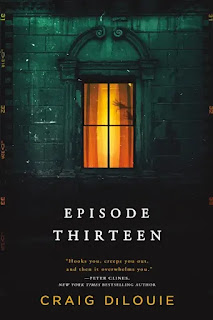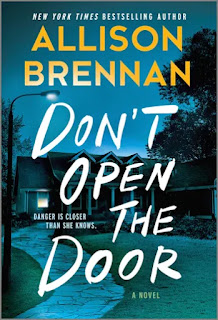 won the Dzanc Award, and was published by Dzanc Books in 2014. He was writer-in-residence at Medicine Show Theater Ensemble, with whom he wrote Shipping Out, The Mummer’s Play, Ubu Rides Again, and Bound to Rise, which received an Obie. He was also a freelance writer for Cosmopolitan, Ladies Home Journal, New Age Journal, and many other publications. He helped create Center for Creative Youth, based at Wesleyan University, and has taught writing at CUNY, Wesleyan, and Yale. He is currently Clinical Professor of Writing in Global Liberal Studies at NYU, where he has taught since 1987.
won the Dzanc Award, and was published by Dzanc Books in 2014. He was writer-in-residence at Medicine Show Theater Ensemble, with whom he wrote Shipping Out, The Mummer’s Play, Ubu Rides Again, and Bound to Rise, which received an Obie. He was also a freelance writer for Cosmopolitan, Ladies Home Journal, New Age Journal, and many other publications. He helped create Center for Creative Youth, based at Wesleyan University, and has taught writing at CUNY, Wesleyan, and Yale. He is currently Clinical Professor of Writing in Global Liberal Studies at NYU, where he has taught since 1987.
Policoff applied the Page 69 Test to his new novel, Dangerous Blues, and reported the following:
If you flip to page 69 of Dangerous Blues, you might get a vague notion of what the book is about. On the previous page, the narrator Paul, who believes he may be seeing the ghost of his dead wife Nadia, confides this to Nadia’s dad, Dr. Maire, an expert in occult lore. On page 69, Paul’s daughter Spring and her new best friend Irina are trying to write a happy memory for a middle school assignment and Spring, who fiercely misses her recently dead mom, is angry and miserable, and says that she cannot remember any happy memories. Irina, whose mother escaped from a cult, counters with her own troubled memories of their family.Visit Stephen Policoff's website.
This is certainly an important element of Dangerous Blues. The looming presence of grief, the ways in which we try to go on living when we are draped in sorrow, these are threads throughout the novel. The friendship between Spring and Irina is also a push-pull throughout the book. Especially toward the end of the novel the Spring/Irina bond is one of the “engines” which brings the other main characters together.
But what page 69 does not really include is what I consider the greatest strength of the novel—the inevitable intermingling of tears and laughter, of loss and an abundant appreciation of life’s absurdity. These are the underlying elements of the novel, and they helped me not only write the novel but learn to emerge from the very dark period after my wife died, and to render what I hope is a resonant picture of the weirdness of life, and the ways in which we navigate that weirdness and keep on keeping on.
The Page 69 Test: Come Away.
Writers Read: Stephen Policoff.
Q&A with Stephen Policoff.
--Marshal Zeringue



















